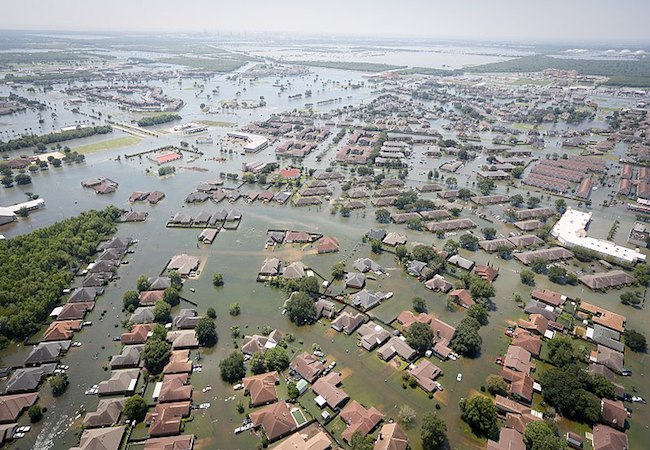
By Ben Tanosborn
As we have it in today’s world, faith and reason are forced to cohabitate, procreating in their union sets of hetero-twins appropriately named Ignorance and Wisdom. Scientific consensus no matter if derived from rigorous objectivity can conveniently be cast aside, if and when it suits the needs of those who hold the reins of power. Yet, it’s difficult to comprehend how in a developed nation such as the United States over 40 percent of its population believe in creationism – contracting the existence of mankind to a measly 10 millennia – and a similar percentage also believe climate change is a hoax. What results from these polls, however, fail to tell us whether both creationists and climate change deniers are all housed in the temple of faith; that is, whether these two groups might turn out to be one and the same.
Perhaps it is best that any correlation involving religion not be made; we, Americans, are already living under an international reputation that we are an anti-science breed… no need to remind anyone, writing it in bold letters and underlining it.
Recent media coverage of hurricane Harvey, the devastation it has left behind, and the menacing escort-duet of Irma and Maria following on its path, made me revisit this weekend a research article I had read almost two years before motivated by all things oceanographic… as my grand-daughter, non-hurricane Maria, had entered a doctoral program in ocean studies at the University of California at Santa Cruz.
The article, “Future Coastal Population Growth and Exposure to Sea-Level Rise and Coastal Flooding – A Global Assessment,” was published by PLOS (San Francisco, CA). This comprehensive paper, basically restricted to LECZ (low-elevation coastal zone – along the coast and below 10 meters of elevation), does not explicitly consider possible displacement (out-migration) due to sea-level rise. And that to me, it’s taking out of the equation the most important causal variable of all, sea-level rise due to climate change, most particularly when extending the projections to 2030 and 2060.
Perhaps even as important as the sea-level rise, and more so for nations such as the United States, is the significance of per capita investment in both job creation and new infrastructure in those LECZ areas. The population exposure is intimately related to the resource exposure in quantitative as well as qualitative ways. The migration of people from Dhaka to Coastal Bangladesh is not likely to follow, in most cases, the same reason that New Yorkers have for seeking a home in Florida.
As questionable as the study’s methodology may appear in the authors’ choice of both intervening and causal variables, I find the most blatant error, given the extreme level of uncertainty in quantifying the sea-level rise due to climate change, in forecasting future coastal population growth all the way to 2060. Any forecast extending beyond 2030-2040 seems to me as randomness cloaked in science given what we know today.
A table (7) in the study places the United States as 8th among the top 25 nations with the highest LECZ population and people in the 100-year flood plain; retaining the same 8th position all the way to 2060. By that year, 10.4 percent of the US population will be in LECZ, compared to China’s 16.7%, India’s 9.8% and the Russian Federation’s 2.9%; a high percentage for the US given its low population density, 79 per square mile, relative to China’s 357 or India’s 911.
For those of us who believe climate-change is real – the sea level now rising beyond arithmetic progression, we see the need for a federal plan for coastal growth, or de-growth, long in the making. And a “stupidity watch,” better still… an alert, should be immediately sounded for coastal communities south of the 32 parallel; which basically covers the entire Gulf Coast, all of Florida, and Coastal Georgia. The Corps of Engineers should not be put in charge of futile construction-ICU. As much as we love the Big Easy, we know that New Orleans will eventually become a tourist attraction, a junior sister to Venice; and so will much of Florida.
The planet has already passed the point of no return thanks to a poisoned atmosphere, but we still have time to regroup and adapt to the changes already occurring and those which are to come. Neither levees, nor seawalls will become reliable answers to cope with LECZ flooding… just as Trump’s mythical southern wall won’t solve an immigration problem that Congress has refused to tackle and solve for countless decades.




